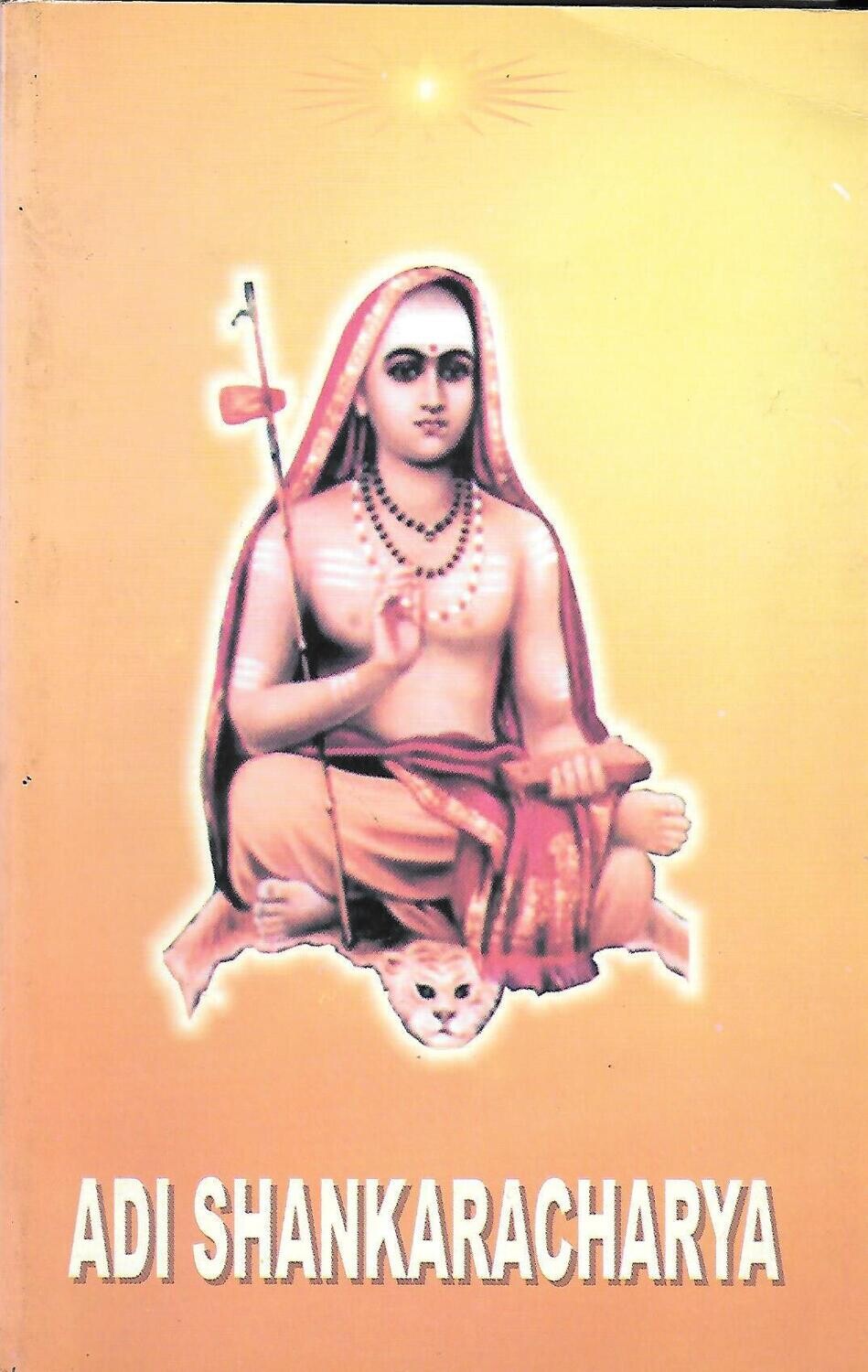Adi Shankaracharya (English)
Adi Shankaracharya (English)
Discover the profound wisdom of Adi Shankaracharya, a revered 8th-century philosopher and Vedic scholar, through this enlightening paperback edition authored by Swami Ishwarananda Giri. Published by Samvit Sadhanayana in 2007, this book delves into the life and teachings of Shankara, who played a pivotal role in revitalizing Hindu dharma and unifying various sects through his innovative worship practices.
Key Features:
- In-depth Exploration: Gain insights into Shankara's philosophy of Advaita Vedanta, which emphasizes non-duality and the oneness of all existence.
- Historical Significance: Learn about Shankara's influence in diminishing Buddhism's prominence in India and his efforts to foster harmony among diverse Hindu traditions.
- Accessible Language: Written in English, this book makes complex philosophical concepts approachable for readers of all backgrounds.
Why You Should Buy:
This book is not just a read; it’s an invitation to explore the essence of Hindu spirituality and philosophy. Perfect for students, scholars, or anyone interested in deepening their understanding of Indian culture and religion, Adi Shankaracharya offers a unique perspective that is both enlightening and transformative.
Specifications:
- Material Type: Paperback
- Weight: 200 g
- Genre: Philosophy and Discourses
Embark on a spiritual journey today and enrich your library with this essential text on one of Hinduism's most iconic figures. Order your copy now from eGanesha spiritual bookstore and connect with the timeless teachings of Adi Shankaracharya!

